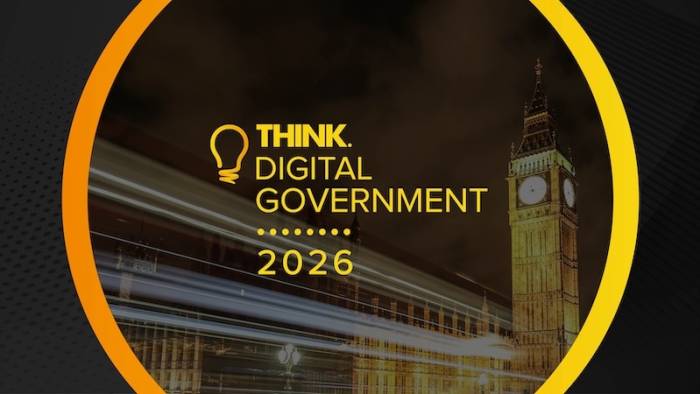Last year, the UK public spending watchdog refused to sign off the government’s overarching public sector accounts for the first time. Only 10 percent of England’s 426 local authorities submitted usable data for the 2022–23 UK Whole of Government Accounts, highlighting persistent gaps in transparency and reporting.

At the same time, more than half of councils still rely on manual budgeting processes, and a third say they lack the insights necessary to plan effectively. But these shortcomings are not just technical or procedural – they carry real-world consequences. They slow teams down, obscure insight, undermine service delivery and frustrate citizens.
In 2020, it was reported that the UK central government was spending £2.3 billon (half its £4.7 billion IT budget) a year patching up ineffective old IT systems. And the picture in 2025 remains much the same. In a report published earlier this year, nearly half of respondents cited outdated legacy systems as a barrier in their councils, while 60 percent highlighted insufficient funding for new systems.
From manual processes to intelligent insights
For decades, local authorities have relied on spreadsheets, siloed systems and manual reconciliations to monitor budgets. Earlier this year, 70 percent reported their data landscape is poorly coordinated, with ‘using and managing data’ scoring lowest in maturity in a survey of 76 local authorities.
While these approaches can function in the short term, they often lead to duplication of effort, delayed reporting and incomplete visibility of revenue streams. Crucially, they also leave councils less prepared to respond to volatility in funding or rising demand for services.
AI-assisted income management replaces this reactive stance with proactive, data-driven control, putting real-time insights, automation and collaboration into the hands of every user. This means councils can cut through the noise and act with confidence, instantly – which is increasingly vital as councils face unprecedented pressures on both service demand and cost bases.
Strengthening financial resilience
Resilience is about more than just balancing the books today; it’s about preparing for tomorrow. Funding may fluctuate, policy priorities can change and economic shocks like inflation or recessions can quickly undermine carefully planned budgets.
AI-assisted income management provides a vital buffer against this uncertainty. By delivering the full picture – from revenue to results – it equips internal teams with the data they need at their fingertips. This enables greater efficiency, faster decision-making, and ultimately, stronger delivery of public services.
This capability is particularly critical given the financial strain on local authorities. Since 2021 alone, six English local authorities have issued section 114 notices, effectively declaring bankruptcy. Meanwhile, in February of this year, the government’s spending watchdog warned that nearly half of England’s councils risk the same fate without urgent action.
If you liked this content…
Compounding this pressure, rental arrears are placing an increasing strain on local authorities: in 2019, each council was owed an average of £1.8 million, a figure that rose to £3.1 million in 2024 – an alarming increase of more than 70 percent.
The right AI tools could mean the difference between reactive crisis management and long-term stability. In response, new software experiences – including Access PaySuite’s own Income Management Evo – are becoming essential to operations. Manual spreadsheets can finally be left in the past, allowing strategy to come first without compromising on public trust, data security or control.
A turning point for local government finance
The pressure on local government finances is undeniable, and unlikely to ease. But modern public service isn’t about doing more with less. It’s about doing more, with insight.
By cutting through administrative burden, unlocking data and connecting fragmented systems, AI-assisted income management offers a clear path forward. Councils gain the power to act with speed, intelligence and security, tackling challenges with greater clarity and confidence.
For finance teams, the question is no longer if they should embrace AI, but how quickly they can harness it to deliver smarter, more resilient outcomes for the communities they serve.
The next few years will be decisive. Councils that adopt AI-assisted income management early will not only stabilise their finances but also lay the groundwork for wider service transformation.
Those that hesitate risk falling further behind – trapped in manual processes, facing growing inefficiencies and struggling to build public trust. By embracing AI now, local authorities can reimagine finance as a driver of innovation, resilience and community value, turning budgeting from a constraint into a catalyst for transformation.











